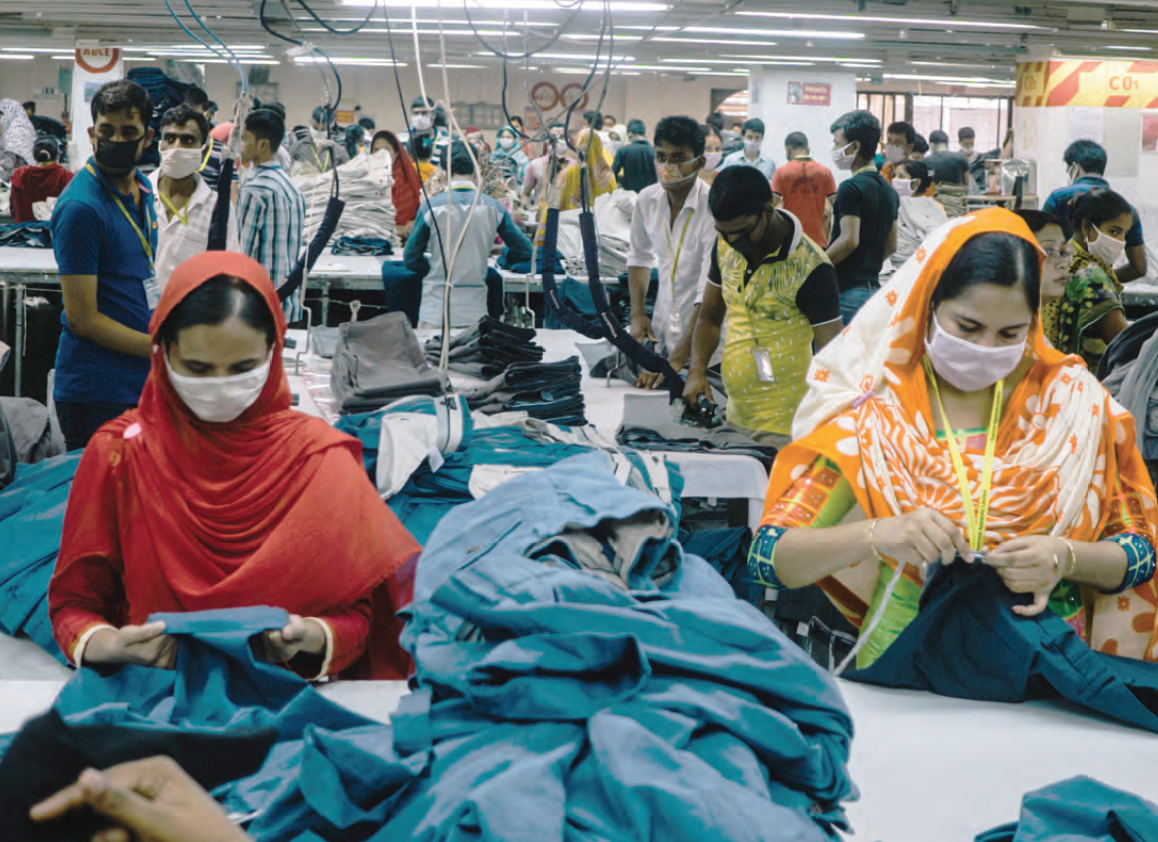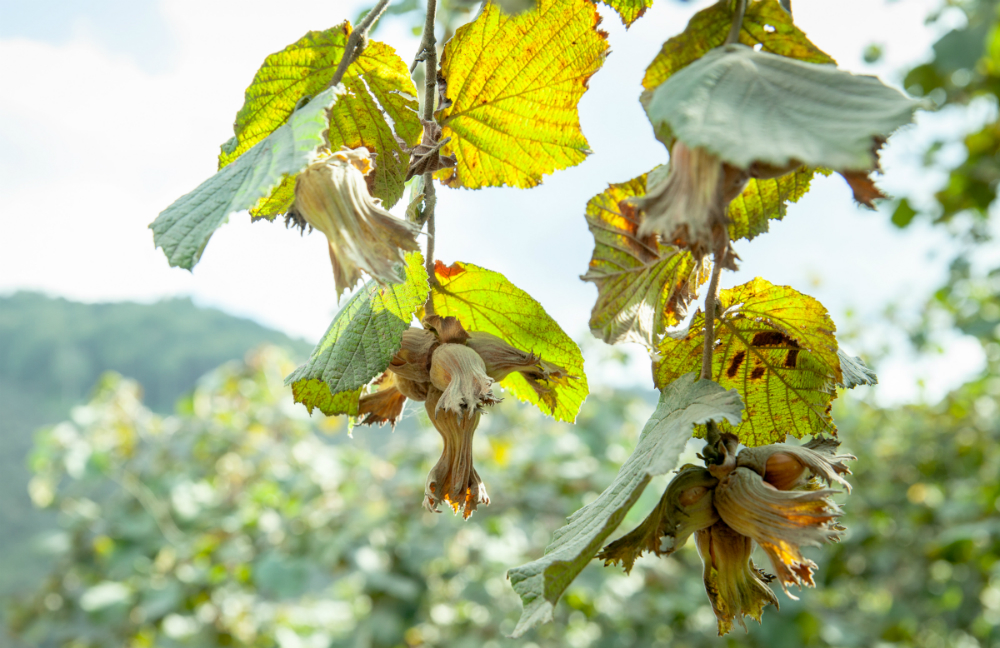Living wage
FLA’s Fair Labor Code mandates that every worker has a right to compensation for a regular work week that is sufficient to meet the worker’s basic needs and provide some discretionary income.

FLA and its stakeholders—buyers, suppliers, labor rights organizations, and universities—are part of a global effort to improve workers’ compensation.
Workers in global supply chains often earn poverty-level wages that are not sufficient to support themselves or their families, and the FLA is committed to addressing this urgent issue.
FLA’s vision is that workers in member supply chains will earn compensation that is sufficient to meet their basic needs and have some discretionary income.
Our 2020 Fair Compensation Strategy charts a path toward this goal. The plan includes an overview of the organizational commitment to fair compensation and includes the goals, tactics, and timelines for these efforts.
See how members are meeting living wage commitments
Fair compensation strategy status: fair compensation blueprint
Fair compensation strategy status: wage data collection
Fair compensation strategy status: public commitment
Fair Compensation Toolkit
FLA's living wage resources show companies the gap between what workers earn and what they need.
Living wage projects
Living wage resources
Classy Awards recognition
FLA’s living wage tools earned a 2021 Social Innovation Award.
The Fair Compensation Toolkit help businesses in the fashion industry illustrate the gap between actual and living wages and measure progress over time.

Check out FLA's latest fair compensation news
-
Advocacy+9
Fair Labor Highlights – December 2025
December 18, 2025 View Fair Labor Highlights – December 2025 -
Fair Compensation+1
Fair Labor Association to join Innovation Forum’s Sustainable Apparel and Textiles Conference 2026
November 20, 2025 View Fair Labor Association to join Innovation Forum’s Sustainable Apparel and Textiles Conference 2026 -
Fair Compensation+4
FLA members and stakeholders engage in Berlin around pressing global labor rights issues
November 4, 2025 View FLA members and stakeholders engage in Berlin around pressing global labor rights issues


